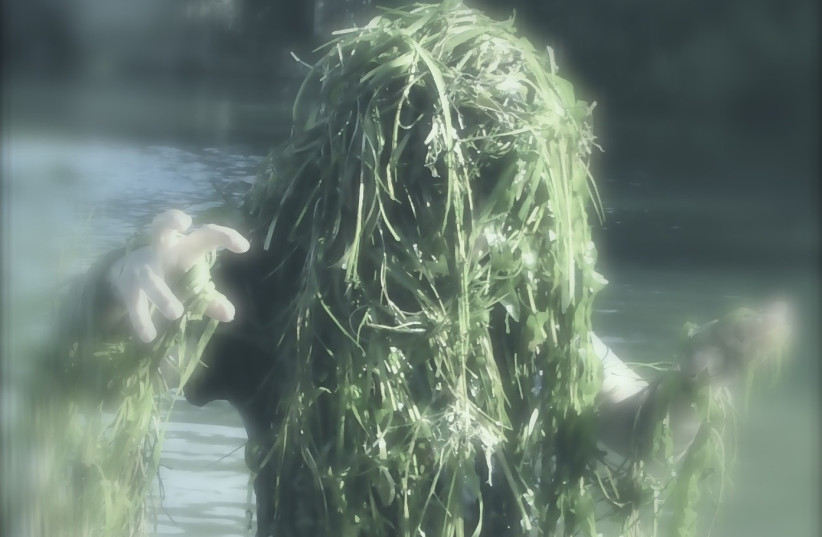Texas beachgoers unsettled by monstrous sea creature on shore

The National Oceanic and Atmospheric Administration reports that over 80% of the Ocean is unmapped, unobserved and unexplored.
Beachgoers in the Bolivar Pensinsula in Texas were startled by the sight of a terrifying sea-creature that washed ashore.
The creature was shared on Facebook by Patricia Ducote who wrote, “My friend saw this today anyone know what this may be?”
Her question, and the attached image, led to many terrified responses. Joel Soileau wrote that the unknown creature was "the stuff dreams are made of NIGHTMARES."
What is this?
Her question was eventually answered, according to Chron, by Lerrin Johnson of the Texas Parks and Wildlife Department who said that the creature was likely the gills and gill arches of a fish that someone had caught and filleted.
"I cannot identify the species, but it is most likely a large sport fish," Johnson wrote. "The feathery parts are the gills, which are attached to the bony gill arches. The spikey bits in the top middle are the pharyngeal teeth."
While the creature ended up being a comedic misunderstanding, the National Oceanic and Atmospheric Administration reports that over 80% of the Ocean is unmapped, unobserved and unexplored.
Nearly 2,000 new species are discovered annually, roughly five new species daily on average, according to Scuba Diving Magazine.
In 2023, scientists discovered a new fish they named Pyrolycus Jaco, which lives 6,000 feet under sea level, according to KBPS.
Jerusalem Post Store
`; document.getElementById("linkPremium").innerHTML = cont; var divWithLink = document.getElementById("premium-link"); if (divWithLink !== null && divWithLink !== 'undefined') { divWithLink.style.border = "solid 1px #cb0f3e"; divWithLink.style.textAlign = "center"; divWithLink.style.marginBottom = "15px"; divWithLink.style.marginTop = "15px"; divWithLink.style.width = "100%"; divWithLink.style.backgroundColor = "#122952"; divWithLink.style.color = "#ffffff"; divWithLink.style.lineHeight = "1.5"; } } (function (v, i) { });

